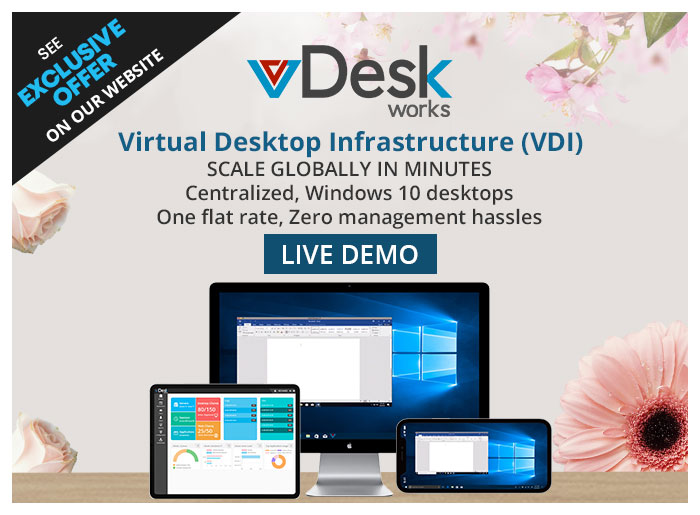Cloud infrastructure is the backbone that supports cloud computing software and solutions, offering the essential hardware and software elements needed for running applications, hosting services, and supporting virtual environments. Businesses are increasingly turning to cloud infrastructure to streamline operations, improve scalability, and enhance security. But as cloud technology becomes more integral to business success, it is crucial to monitor and manage these infrastructures effectively.
This blog explores the concept of cloud infrastructure monitoring, its components, benefits, and reviews of top solutions available today.
What is Cloud Infrastructure?
Cloud infrastructure refers to the combination of physical and virtual resources necessary to run cloud computing services. It encompasses servers, storage devices, networking components, and the virtualization technologies that allow these resources to be allocated dynamically to users and applications. By leveraging these resources, businesses can operate without having to invest heavily in physical hardware or worry about resource limitations.
In simple terms, cloud infrastructure is the set of tools that businesses need to build, manage, and maintain cloud services. It includes:
- Hardware: Servers, storage arrays, networking equipment, and backup devices.
- Virtualization: Technology that abstracts physical resources into virtual environments, making it easier for businesses to scale operations.
- Storage: Data is managed, backed up, and secured in the cloud, allowing for easy access and retrieval.
- Networking: The infrastructure that connects all resources, ensuring that data can be accessed remotely over the internet or private networks.
Cloud Infrastructure Software: Top 5 Reviewed
As businesses increasingly rely on cloud infrastructure, monitoring tools are essential to ensure optimal performance, security, and cost efficiency. Here’s a look at some of the leading solutions for cloud infrastructure monitoring.
1. vDesk.works
vDesk.works specializes in desktop virtualization and cloud client technology, offering businesses a secure and efficient solution for application delivery and desktop management. Its virtual desktop infrastructure (VDI) ensures businesses can access applications from anywhere, anytime, supporting remote work environments.
- Pros:
- Centralized management of virtual desktops
- Scalable and flexible solution for growing businesses
- Strong security framework with data protection
- 100% dedicated customer support
- Cons:
- May require specialized IT knowledge for setup and optimization.
2. AWS Cloud Services
Amazon Web Services (AWS) is a global leader in cloud computing, offering an extensive suite of cloud infrastructure solutions. AWS provides scalable storage options, compute power, and a wide array of services, allowing businesses to manage applications and services seamlessly.
- Pros:
- Pay-as-you-go pricing model, reducing upfront investment
- Highly scalable and flexible
- Reliable with global data centers
- Robust security features
- Cons:
- Complex pricing structure that can be difficult to manage
- May require technical expertise for advanced features.
3. Google Cloud
Google Cloud is known for its powerful infrastructure that powers Google’s own products like Gmail and YouTube. It offers a comprehensive set of services for data storage, AI/ML capabilities, and virtual machines, enabling businesses to innovate and scale effectively.
- Pros:
- Innovation-driven with AI/ML tools
- Open-source compatibility
- Sustainable and reliable infrastructure
- Developer-friendly tools and strong community support
- Cons:
- Limited enterprise features compared to AWS and Azure
- May not be the best choice for businesses with specialized needs.
4. Microsoft Azure
Azure is a comprehensive cloud computing platform that provides cloud infrastructure, services, and advanced solutions in AI and data analytics. It is favored by enterprises, with over 95% of Fortune 500 companies relying on it for their cloud needs.
- Pros:
- Wide array of tools and services
- Excellent for hybrid cloud environments
- Integrated with Microsoft products
- Strong support and community
- Cons:
- Complex pricing model
- Can be overwhelming for small businesses due to its vast features.
5. Oracle Cloud
Oracle Cloud offers a robust set of services for developers and IT administrators, with solutions for load balancing, container management, and hybrid storage. It is especially suited for businesses with complex IT infrastructures.
- Pros:
- Comprehensive infrastructure and platform services
- Strong support for IT administrators and development teams
- Reliable and secure
- Great for hybrid cloud environments
- Cons:
- Higher learning curve for new users
- Pricing can be difficult to predict.
Cloud Software Review Platforms
When selecting cloud infrastructure monitoring solutions, it’s crucial to rely on trustworthy software review platforms like Company Software Reviews. It provides valuable insights, ratings, and user reviews to help businesses make informed decisions. By leveraging expert reviews, businesses can find the best cloud computing platfoms that align with their specific needs.
The platform is a leading resource for businesses seeking reliable, secure enterprise software solutions. We provide expert reviews, ratings, and in-depth analysis of cloud infrastructure tools to help you make the right choice for your company’s success.
Conclusion
Cloud infrastructure is a vital element of modern business operations, offering businesses flexibility, cost savings, scalability, and robust security. With the right cloud monitoring solution, businesses can ensure their infrastructure operates smoothly, scales effectively, and remains secure.
Whether you choose vDesk.works, AWS, Google Cloud, Azure, or Oracle Cloud, each offers unique benefits tailored to different business needs. By leveraging expert insights and cloud software reviews, businesses can confidently navigate the cloud landscape and enhance their digital transformation journey.


